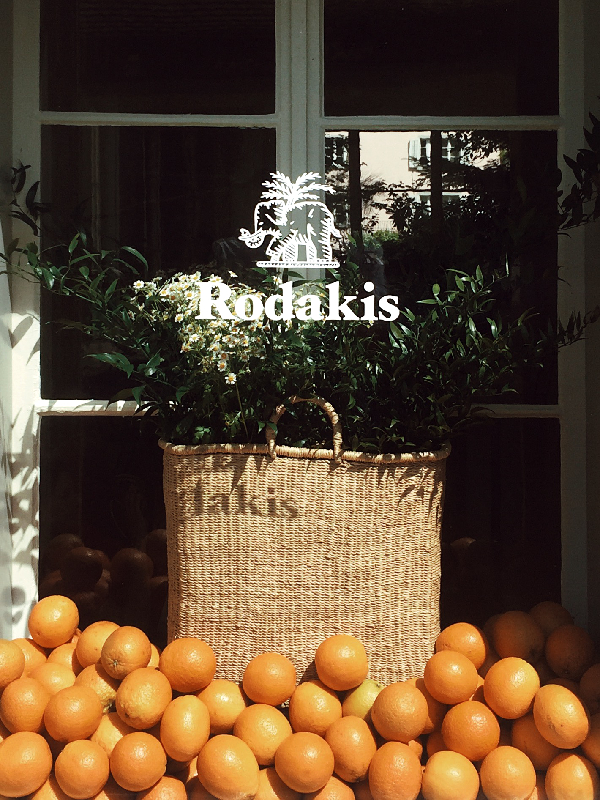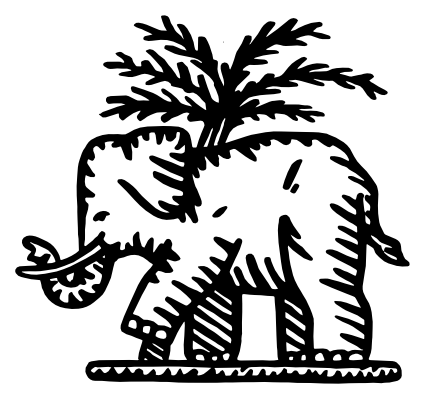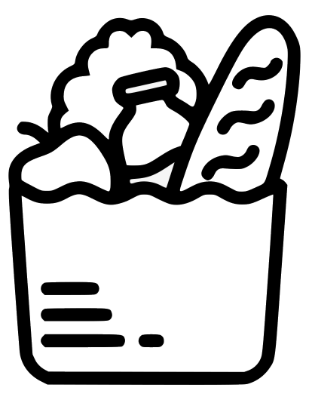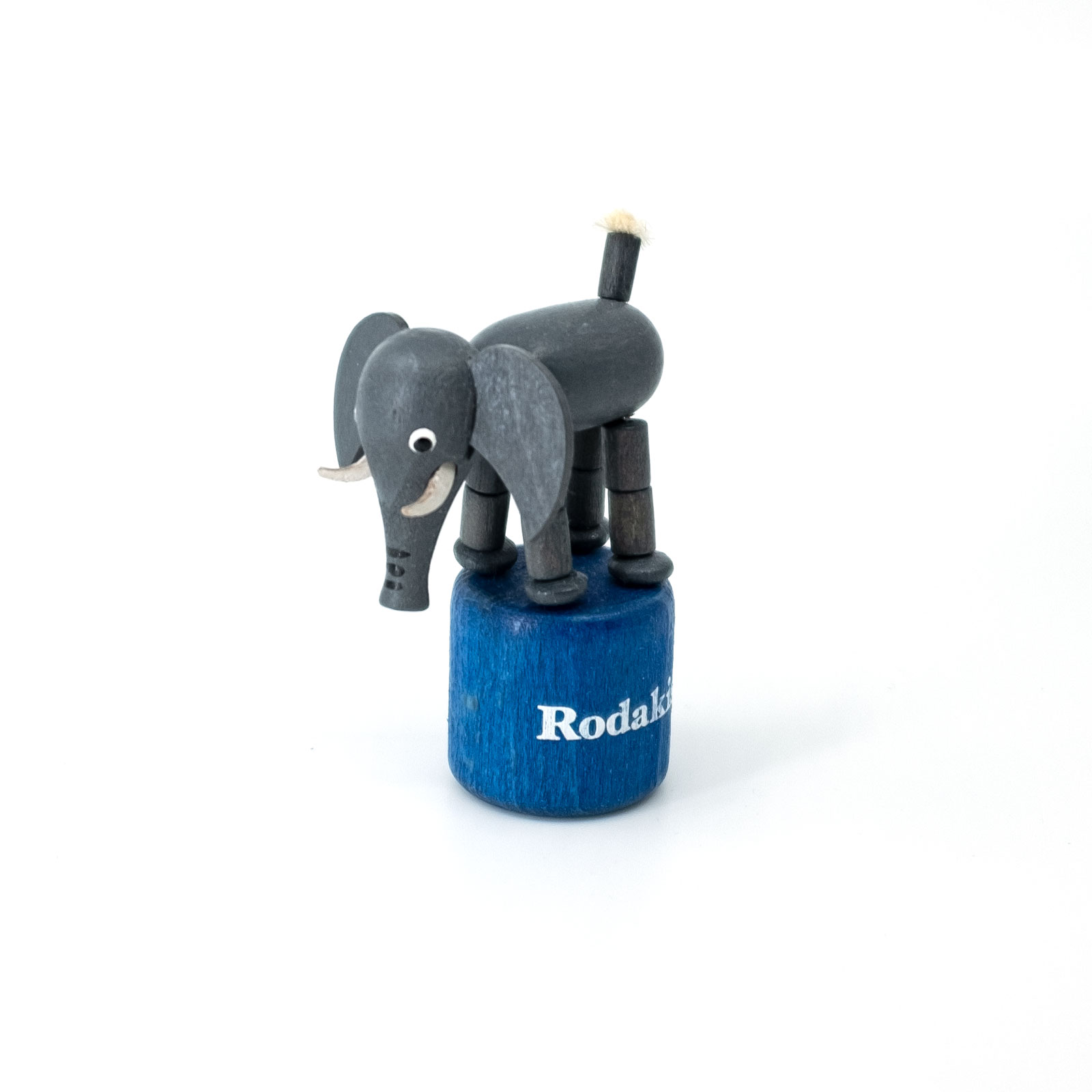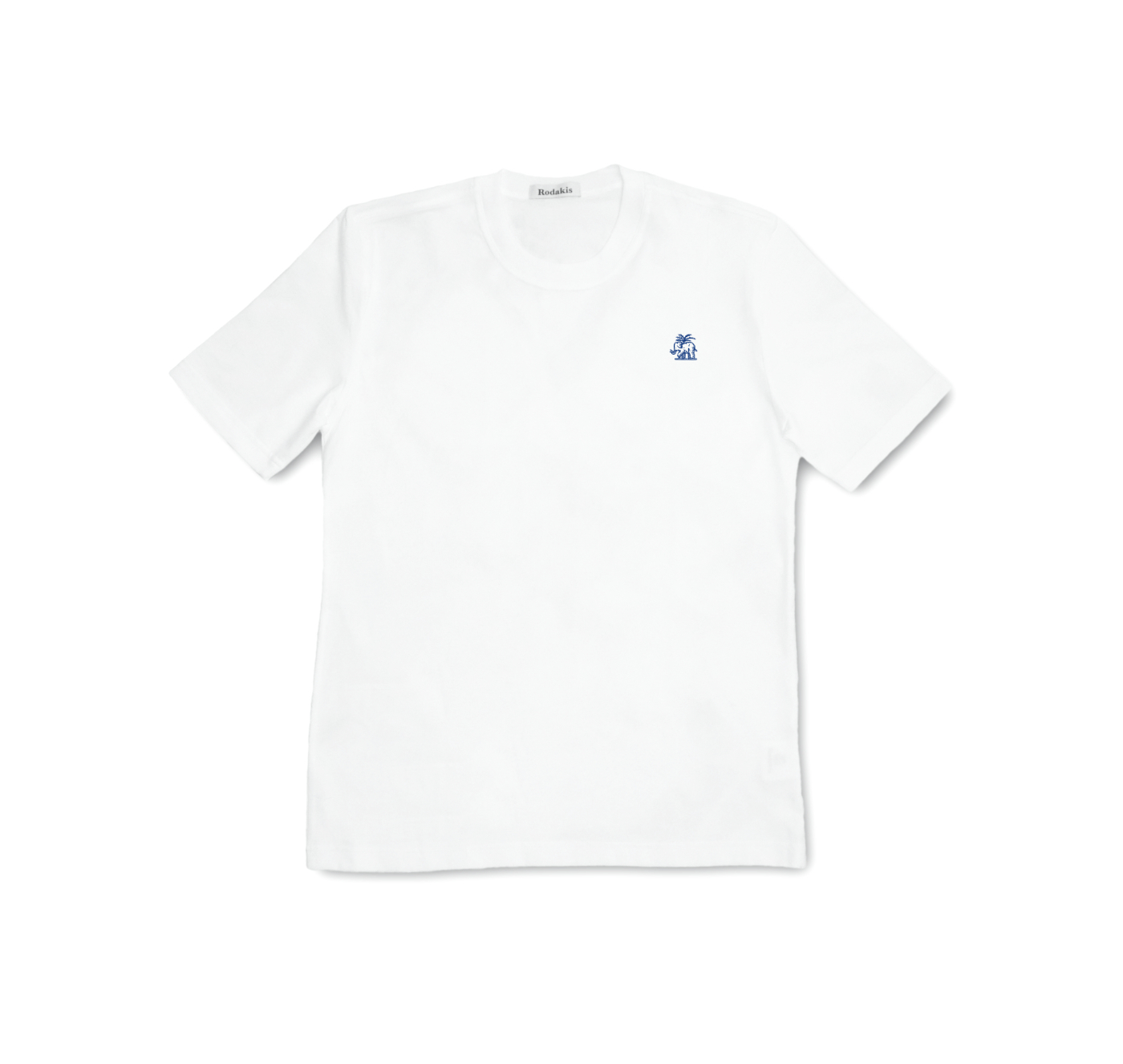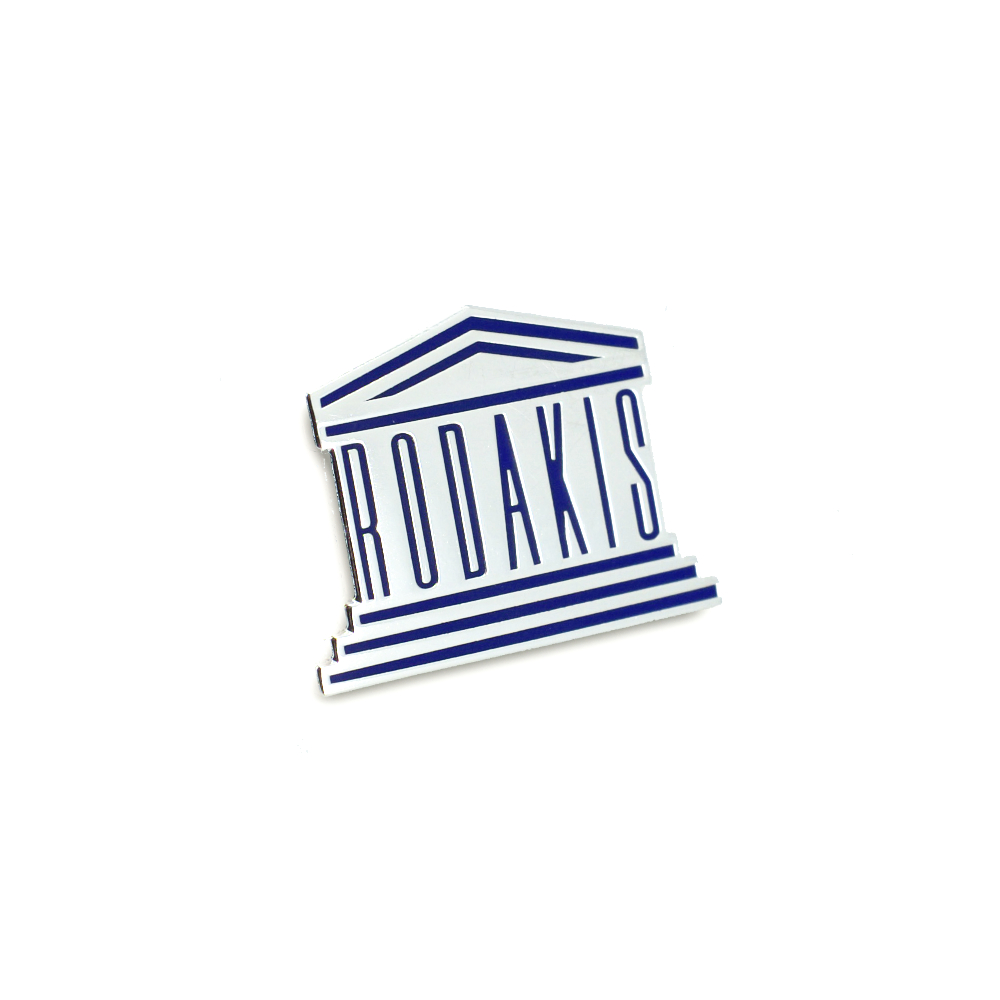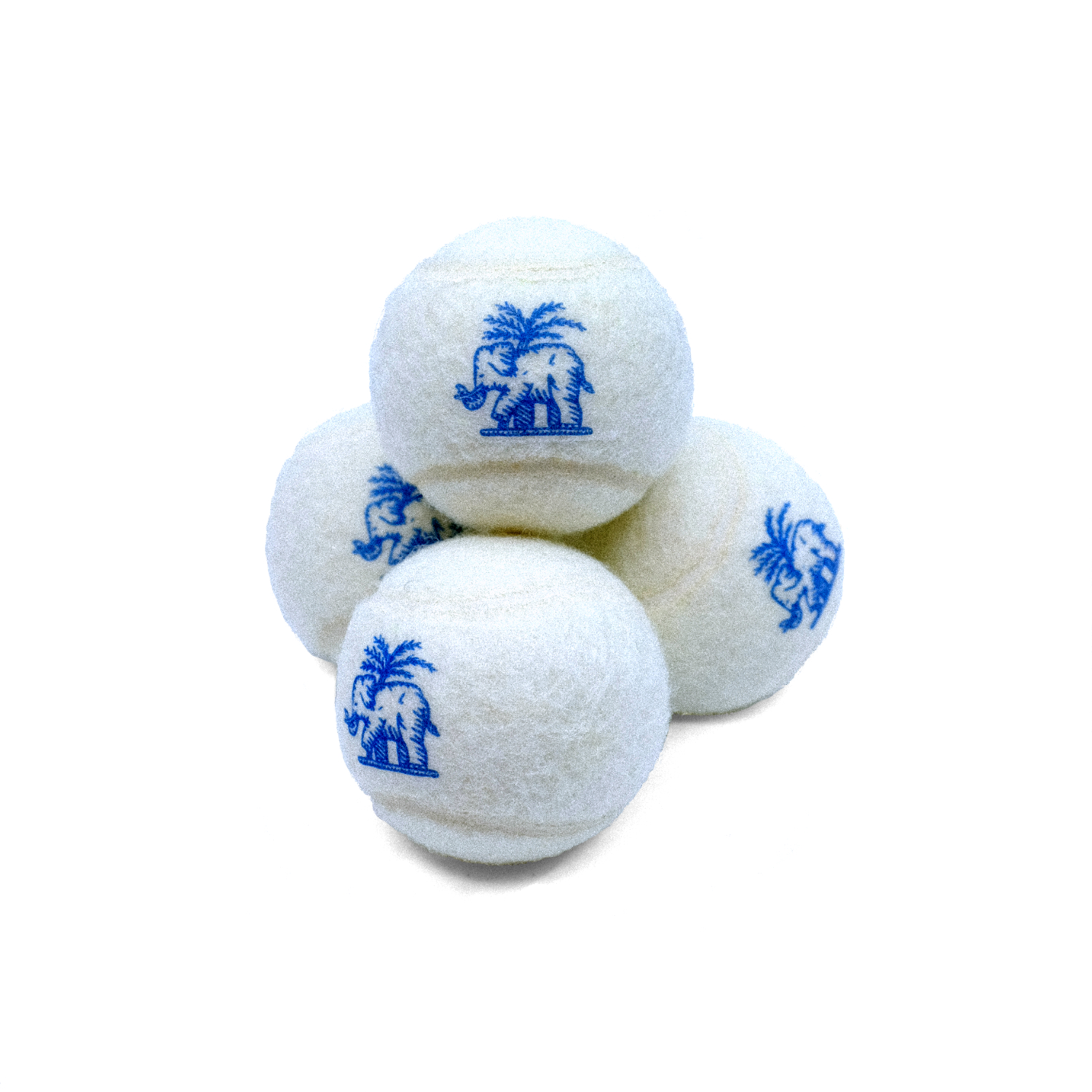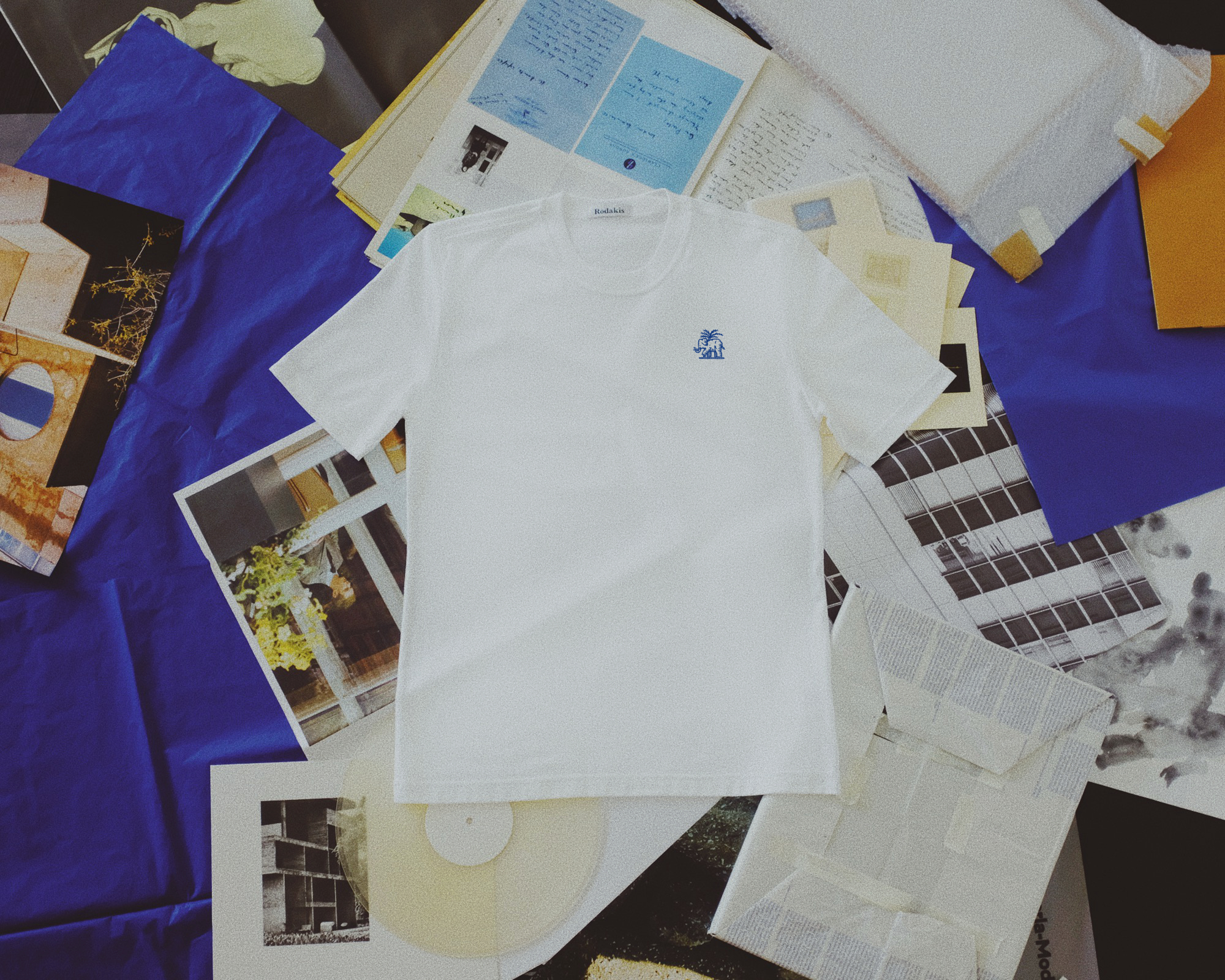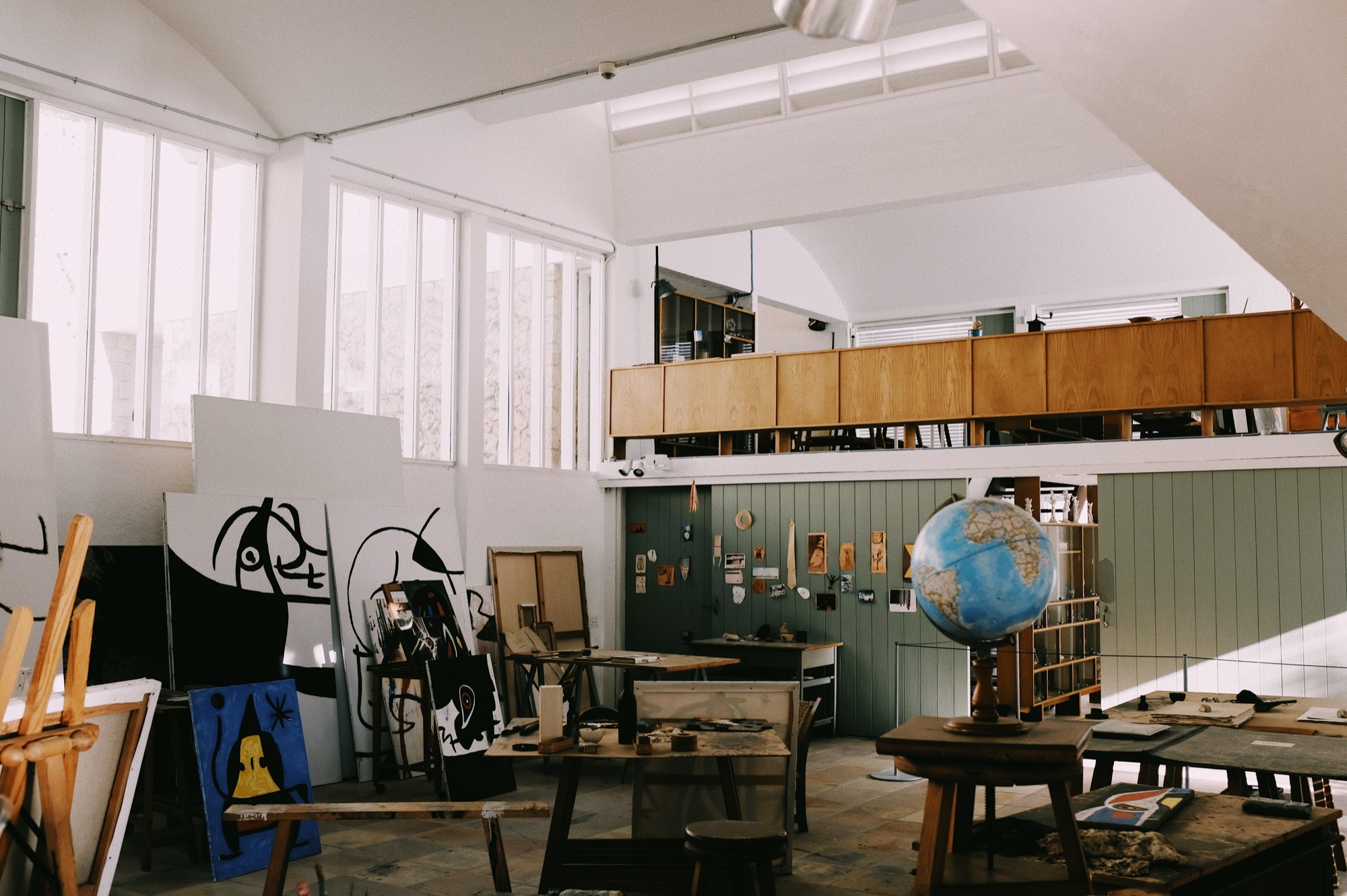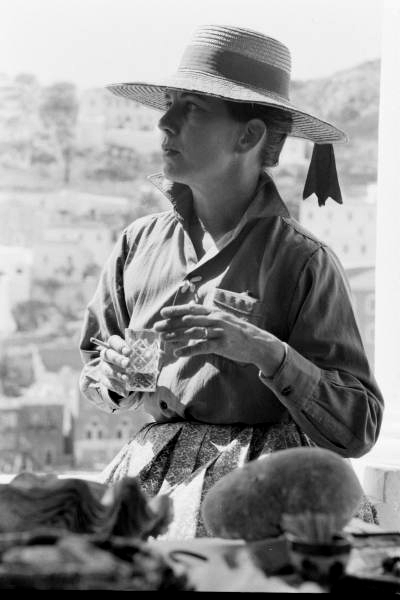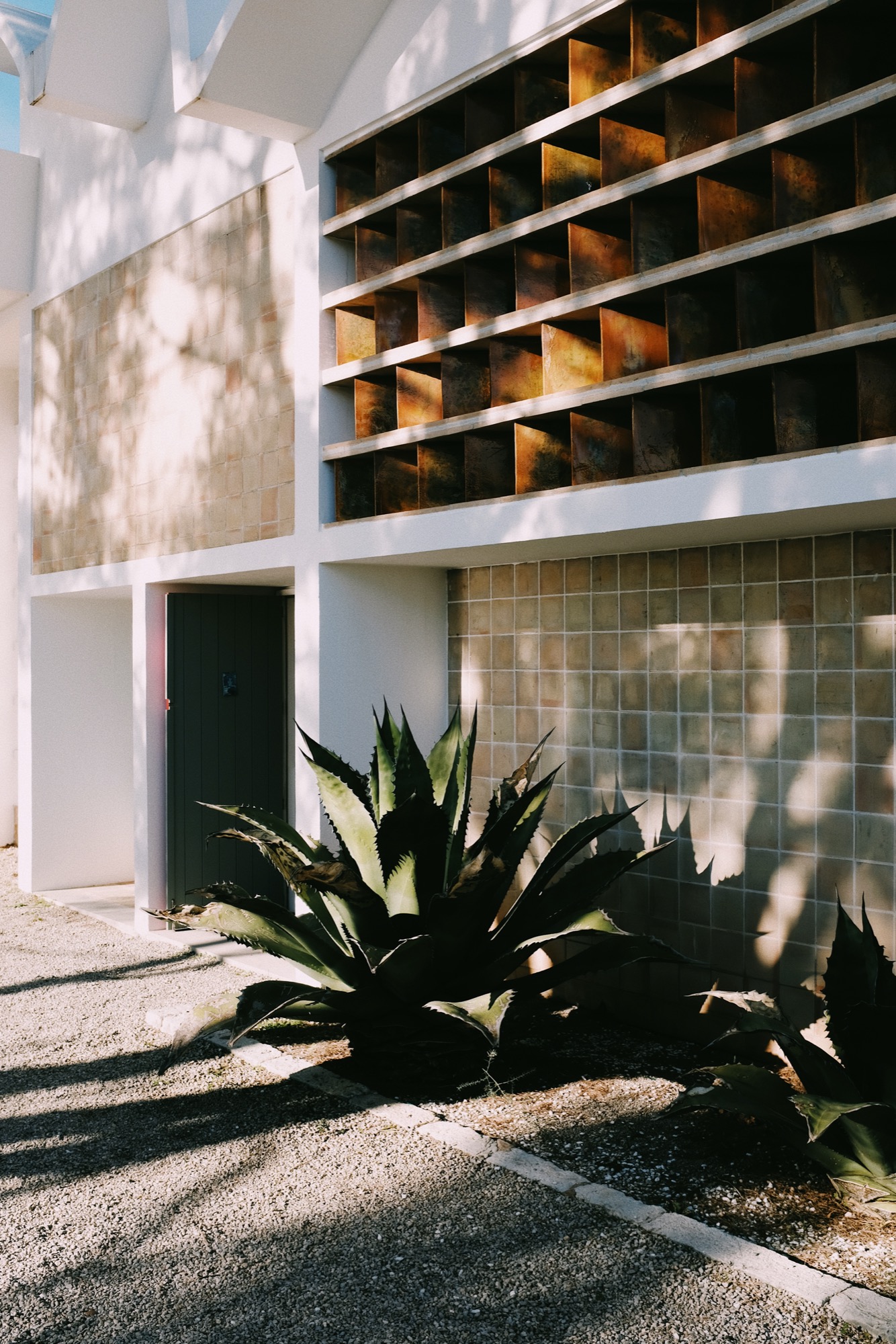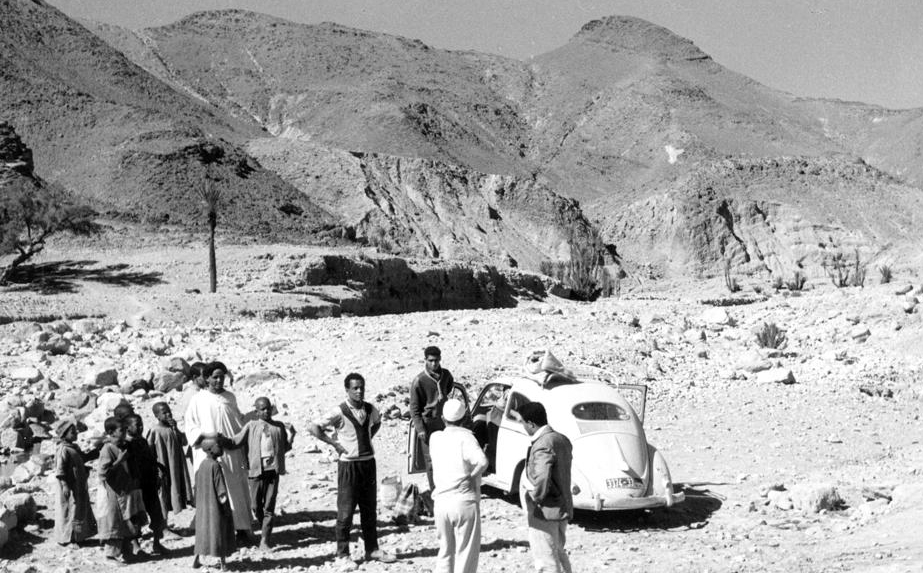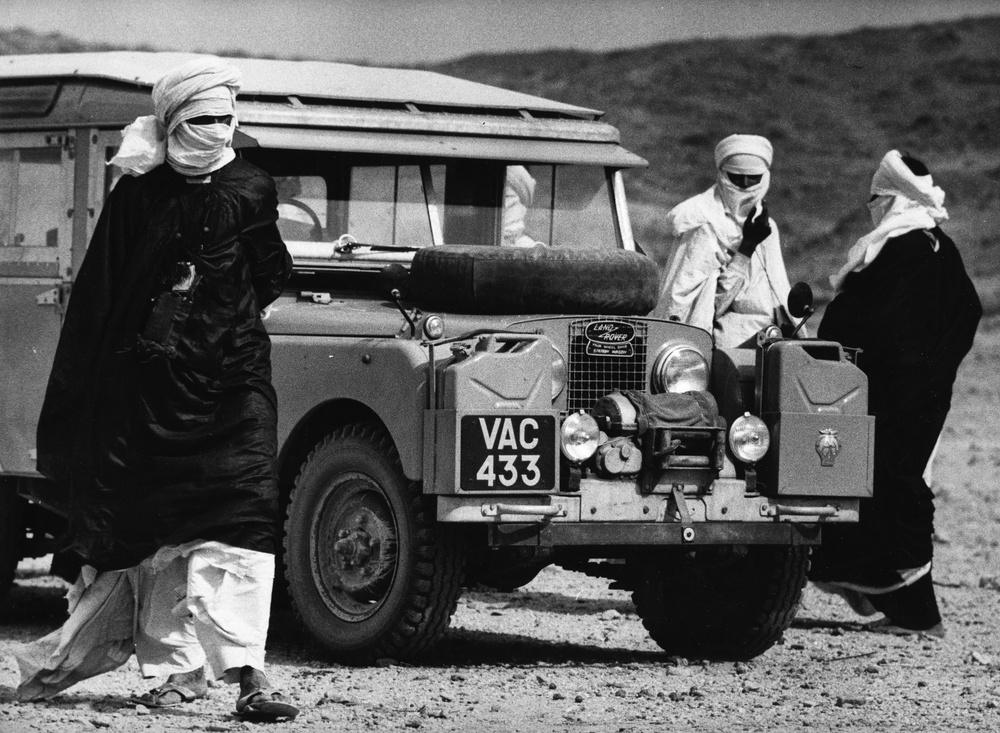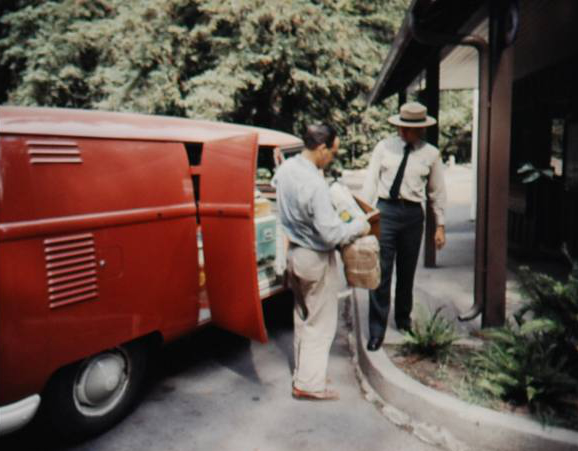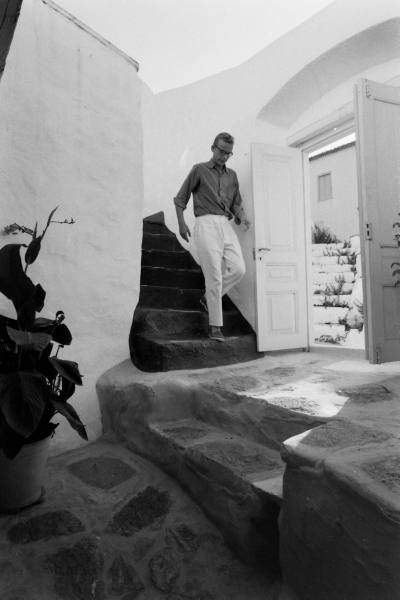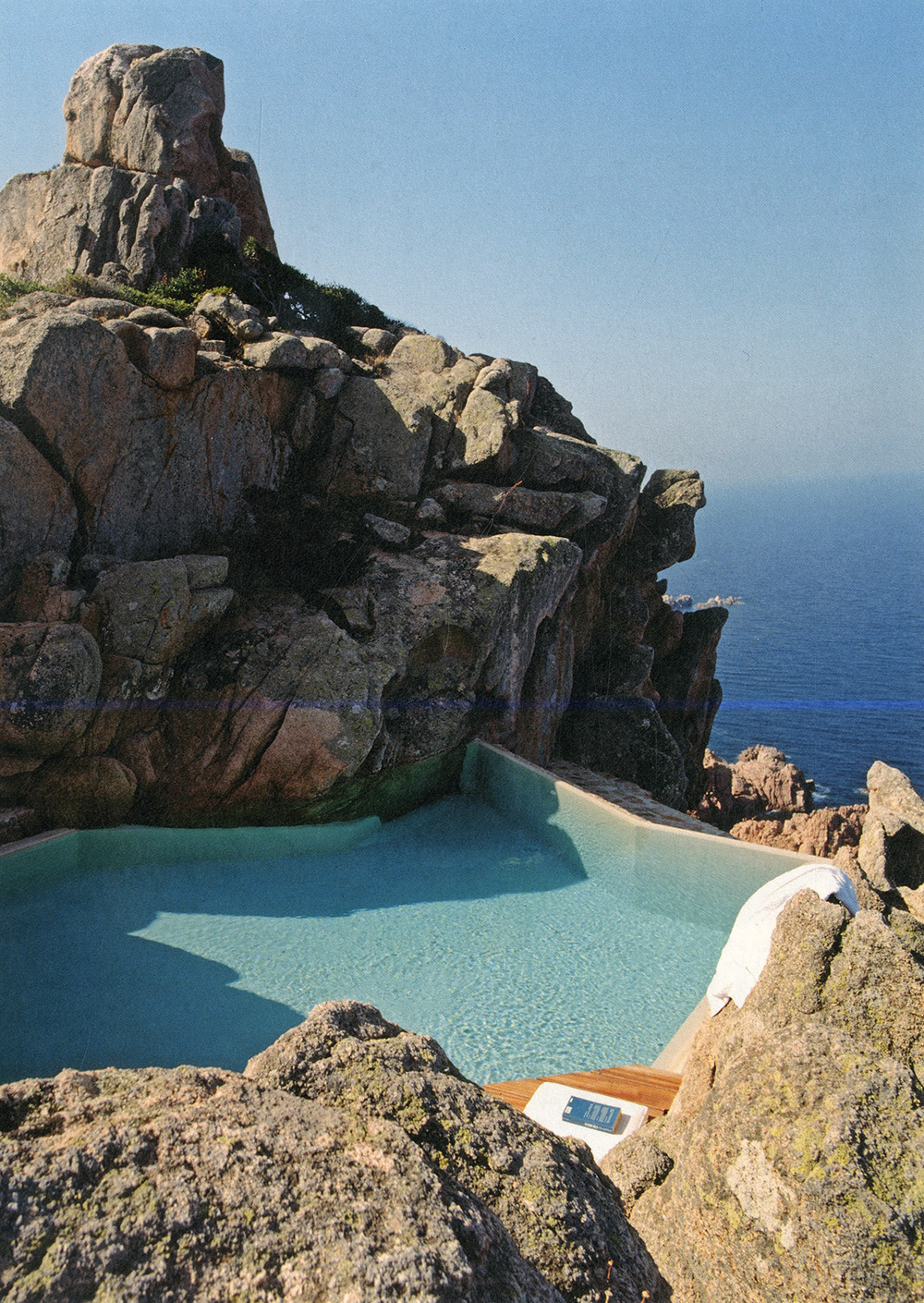Académie
“Sometimes the reflection is far more present than the thing being reflected.”¹ In a world in which all land is mapped, the only territory left to explore is the uncertainty left by what scientific findings didn’t care to explain, the imagination, the journey through our own images. The surface.
Rodakis explores the simulacra, less concerned about what is, than about what could’ve been. Rodakis is, so to say, the reflection. With a naive, tintinesque approach some would call pseudo scientific, the Académie researches not so much what our predecessors saw on their travels but the images they’ve returned with. The seemingly random products connected to the Académie on the other hand couldn’t be placed closer to reality. They’re fulfilling their purpose, but nothing more. They’re the bridge between reflection and the thing being reflected—until there’s no differentiation left, because in the end, reality is just a suggestion.
Pascal Alexander, The Rodakis Principle, 2017
¹ Jim Jarmusch, The Limits Of Control, 2009
Rodakis explores the simulacra, less concerned about what is, than about what could’ve been. Rodakis is, so to say, the reflection. With a naive, tintinesque approach some would call pseudo scientific, the Académie researches not so much what our predecessors saw on their travels but the images they’ve returned with. The seemingly random products connected to the Académie on the other hand couldn’t be placed closer to reality. They’re fulfilling their purpose, but nothing more. They’re the bridge between reflection and the thing being reflected—until there’s no differentiation left, because in the end, reality is just a suggestion.
Pascal Alexander, The Rodakis Principle, 2017
¹ Jim Jarmusch, The Limits Of Control, 2009
